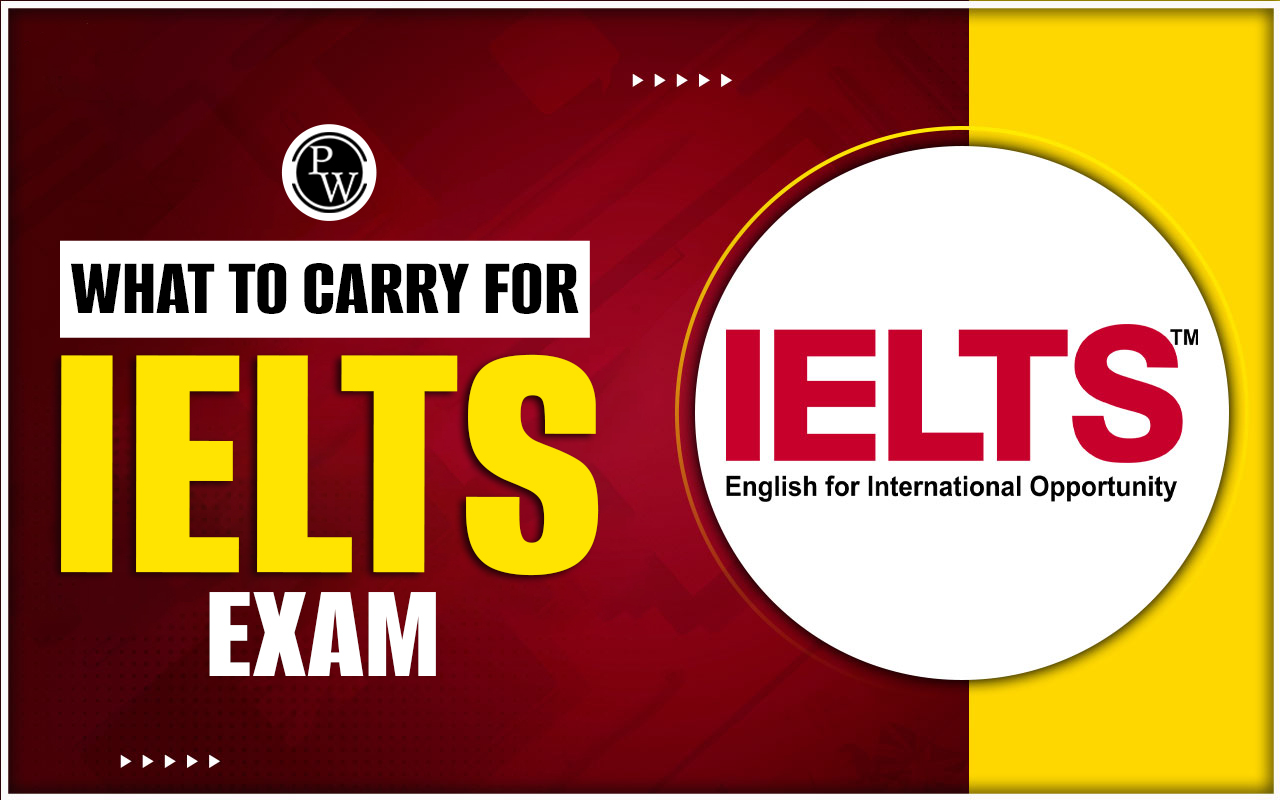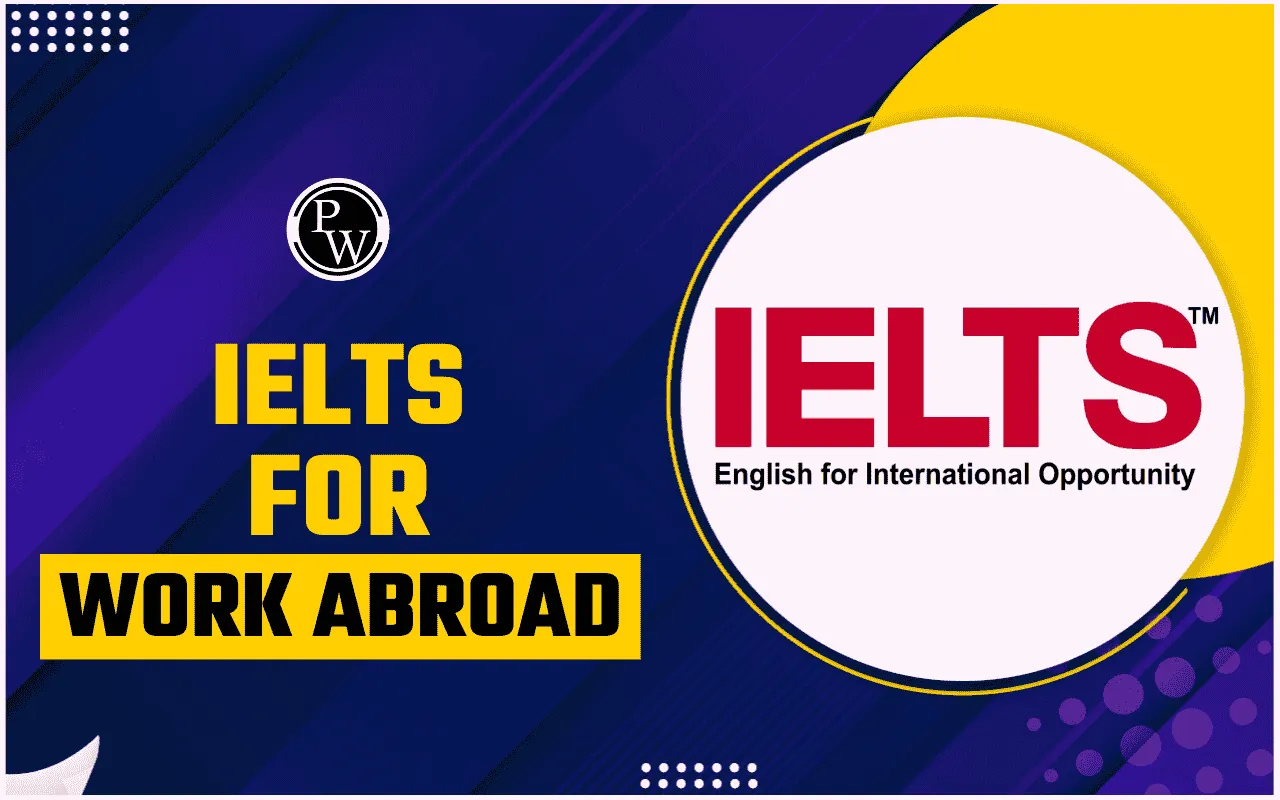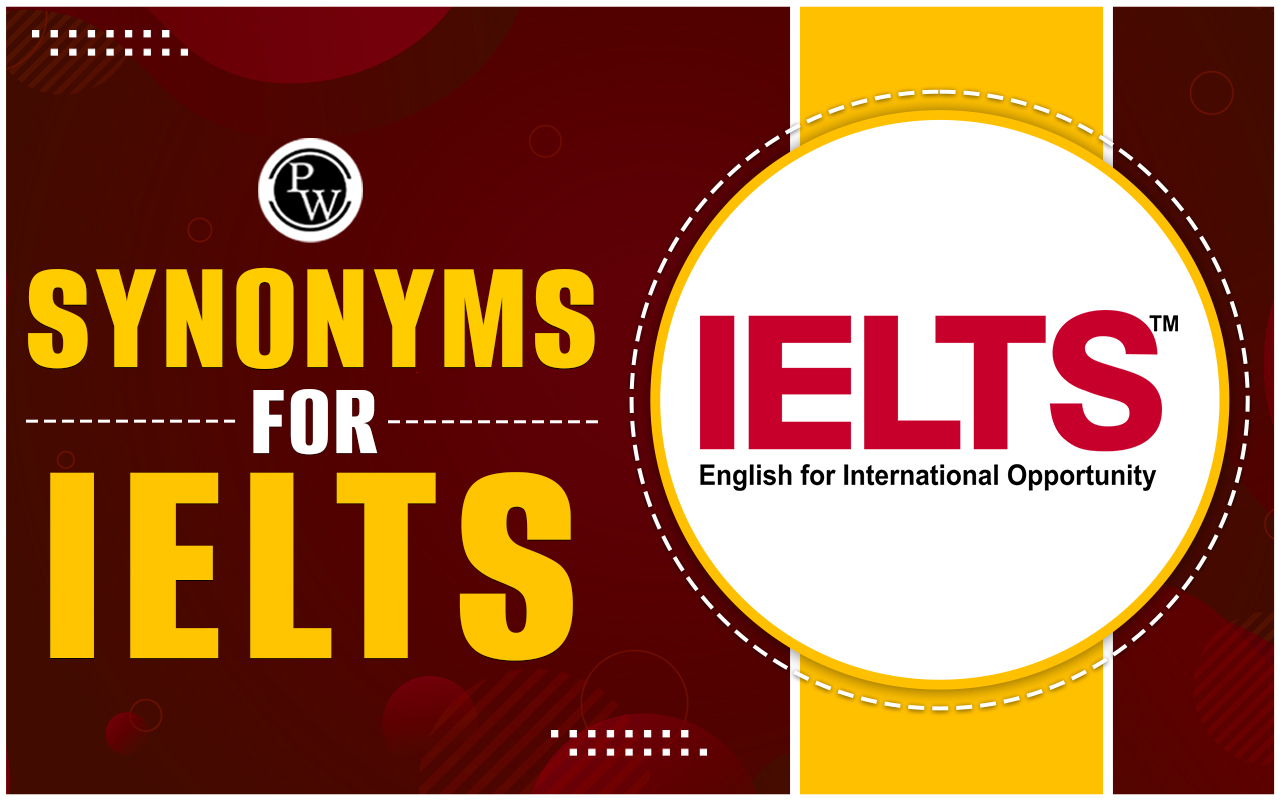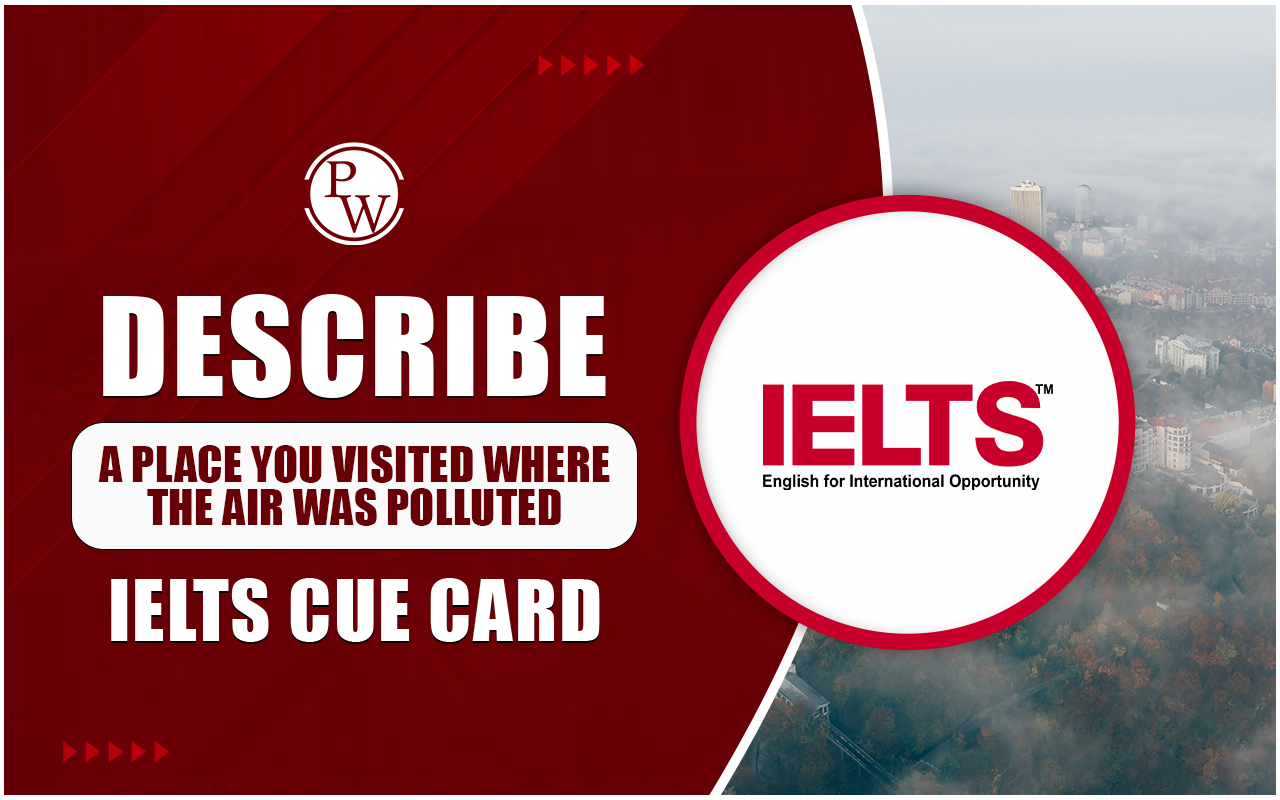
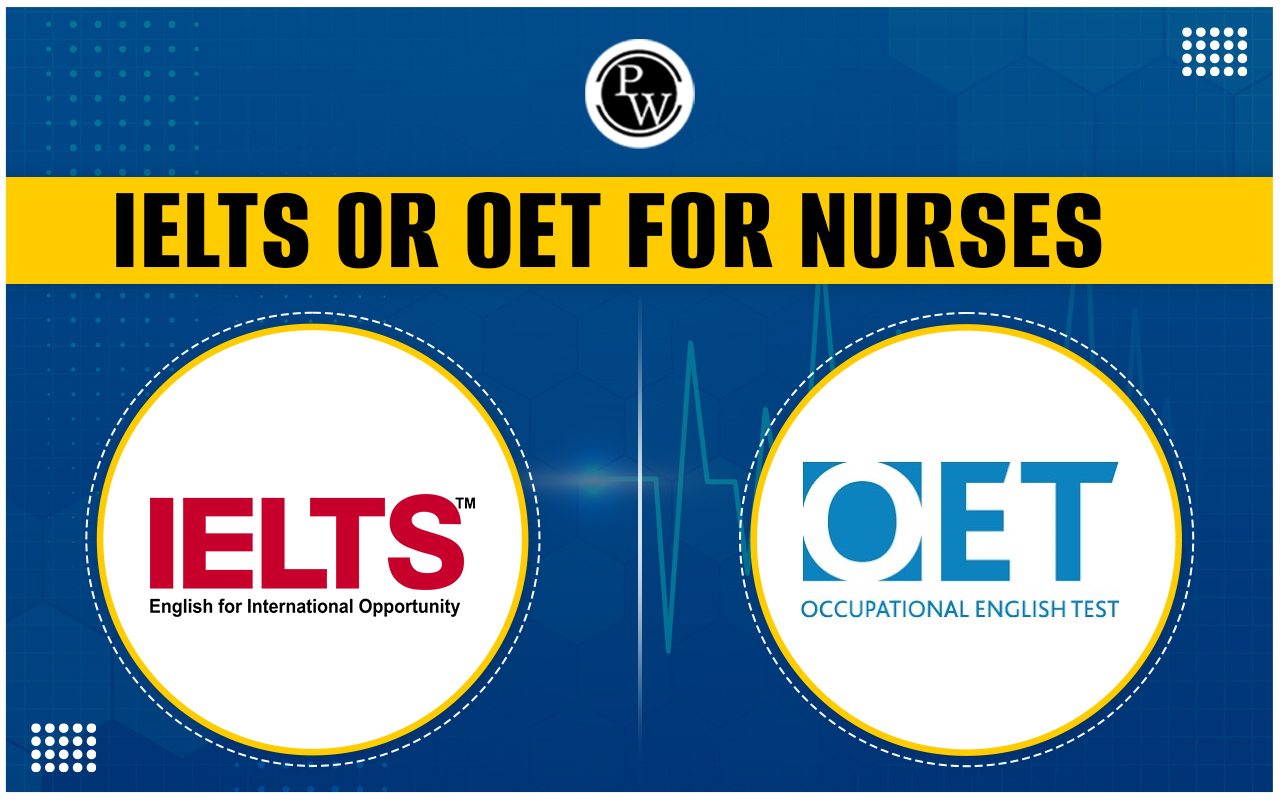
IELTS or OET for Nurses: Many international nursing students apply to popular countries abroad to pursue their studies or to apply for job opportunities. Meanwhile, like other courses, candidates are required to prove their English language proficiency to pursue higher studies and work in nursing. Candidates can appear for both IELTS (International English Language Testing System) and OET (Occupational English Test) to demonstrate their language skills.
Both IELTS and OET assessments are done for four language skills: Listening, Reading, Writing, and Speaking. However, the content, format, and purpose of the tests are different from each other. The main question is which test to choose? Choosing between IELTS and OET depends on career goals, budget, and the English proficiency of the candidates. Here, we have discussed all the major differences between IELTS and OET for Nurses to help you decide which test to choose.
Explore IELTS Online Courses
IELTS or OET for Nurses
Here’s a brief description of the IELTS exam and Nurses:
What is IELTS?
The IELTS exam is a globally recognized English proficiency test for study, work, and immigration. The test is accepted by over 12,000 institutions in more than 140 countries. IELTS has two formats: Academic and General Training. The IELTS Academic is conducted to apply for higher education, and the General Training is used for work and immigration.
What is OET?
The Occupational English Test (OET) is designed specifically for professionals in the healthcare sector, including nurses, dentists, physiotherapists, and others. OET uses workplace-based scenarios to assess English skills in medical contexts. It is accepted by many healthcare countries like the UK, Ireland, Australia, and Canada.
IELTS Online Coaching 2025, Free Courses for Study
IELTS vs. OET: Key Differences for Nurses
Here are some key differences between IELTS and OET for Nurses
Target Audience
-
IELTS caters to students, skilled workers, and migrants across all professions.
-
OET focuses only on healthcare professionals.
Content and Topics
-
IELTS evaluates general language proficiency with topics ranging from education and social issues to environmental concerns.
-
OET is tailored to medical communication, using healthcare-specific vocabulary and scenarios.
Test Format
Both exams cover four skills, but the structure varies:
| IELTS vs OET Test Format | ||
|---|---|---|
|
Skill |
IELTS |
OET |
|
Listening |
General topics, 4 recordings |
Medical context, 3 parts |
|
Reading |
Academic or general texts |
Healthcare-related texts |
|
Writing |
Graph analysis + essay |
Patient-based letter (e.g., referral) |
|
Speaking |
General conversation + task card |
Role-play as a nurse |
Test Duration and Frequency
One of the key differences between IELTS and OET lies in their test duration and availability.
-
IELTS Exam: The IELTS test duration is approximately 2 hours and 45 minutes. IELTS is offered multiple times a week at various test centers around the world. There are over 78 IELTS test centre in India, including Delhi, Pune, Gurgaon, Kolkata, Mumbai, etc.
-
OET Exam: The OET test duration is around 3 hours. OET is conducted only twice a month. Candidates are required to plan their test date in advance and book test slots accordingly.
| IELTS Reading Band Score | IELTS Listening Band Score |
| IELTS Speaking Band Score | IELTS Writing Band Score |
Recognition and Global Acceptance
IELTS is one of the most widely recognized English language proficiency tests globally. It is accepted by over 12,000 institutions, including universities, immigration authorities, and professional bodies in more than 140 countries.
On the other hand, OET is primarily recognized by healthcare regulatory authorities and medical councils. OET is only accepted in the United Kingdom, Ireland, Australia, New Zealand, and select regions in Canada and the United States.
Cost and Accessibility
The IELTS is generally more affordable for international candidates than OET.
-
IELTS Exam: The IELTS exam fees in India is INR 18,000 for both the IELTS CBT and paper-based test. Additionally, IELTS is available at over 200 test centers across more than 80 Indian cities, offering significant flexibility and convenience.
-
OET Exam: The OET is considerably more expensive than IELTS. The OET exam fees is AU$ 587 or INR 31,822 (approximately). There are around 50 OET test centres available in India. Some candidates may require some candidates to travel long distances to appear for the exam.
| IELTS Exam Fees in Different Countries | |
|---|---|
| IELTS Fees in Canada | IELTS Fees in New Zealand |
| IELTS Fees in Australia | IELTS Fees in USA |
| IELTS Fees in UK | IELTS Fees in Germany |
Which Test is Easier for Nurses?
Which test is easier for nurses depends largely on individual strengths and career preferences.
-
OET may be more manageable for those who are comfortable with medical terminology and clinical communication scenarios. Since the test focuses on healthcare-specific content, nurses can leverage their professional experience and familiarity with patient interactions during the speaking and writing tasks.
-
IELTS covers a broader range of general and academic English topics. It also provides stronger overall language skills that are applicable in various settings. This versatility makes IELTS a suitable option for candidates considering future opportunities outside the healthcare sector.
Both IELTS and OET are reliable and respected English proficiency tests. For nurses planning to move or work overseas, the choice between the two depends on career direction, budget, and test preferences.
While OET focuses on real-world healthcare situations and is tailored for professionals in the medical field, IELTS offers greater flexibility, wider acceptance, and more affordable access, making it a practical option for those looking to keep their career pathways open beyond clinical roles.
Guidance of PW IELTS
Physics Wallah offers a few popular online IELTS courses for all students. Follow the latest IELTS articles to start your preparation for the exam.
| IELTS Registration | IELTS Eligibility Criteria |
| IELTS Exam Pattern | IELTS Syllabus |
| IELTS Exam Dates | IDP IELTS Test Centers |
IELTS or OET for Nurses FAQs
Which is best for nurses, OET or IELTS?
Which exam is better for nurses?
Is OET compulsory for nurses?
What is 7.5 IELTS equivalent to in OET?

